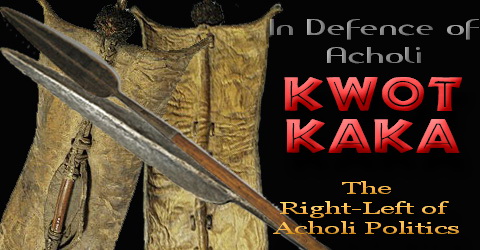{UAH} BUKAVU
Author: Anonymous |
9:31 AM |
No comments |
![]()
A view from above the city of Bukavu, in the northeast of the Democratic Republic of the Congo (DRC). [Marco Gualazzini/Al Jazeera]
Children from the Tulizeni orphanage in Goma go to Lake Kivu every day to get water. The centre has taken in 74 girls and 200 women who have suffered sexual abuse in the past three years. [Marco Gualazzini/Al Jazeera]
Ombeni,13, was raped and became pregnant. She gave birth to twins last August. She lives with her mother and a close female relative, but she has been ostracised and isolated by her community. The Italian NGO AVSI is providing her with social and medical support. [Marco Gualazzini/Al Jazeera]
Bora Uzima Safari, 18, was displaced during the 2012 rebellion by the M23 rebel group. In April 2016, on her way back from school, she was raped in a field by two men with covered faces. When she discovered she was pregnant, she was abandoned by her boyfriend and all her friends. She suffered an untreated vaginal infection during her pregnancy that made it difficult to walk. On January 27 she gave birth to her daughter, Giselle. [Marco Gualazzini/Al Jazeera]
A cooperative, set up by the Italian NGO AVIS in 2011, now has 40 'vulnerable' women who work together in the fields, with the older women doing craft work. The profit they make is divided up among the members. These are poor women who have had a child supported by long-distance adoption. Several of them have been raped. [Marco Gualazzini/Al Jazeera]
Maria Gnabajumba, 40, was raped for two days by an armed group on the orders of the children of her husband's first wife. She has told her story to no one, for fear of discrimination and of being repudiated by her husband, who rejected his first wife after she had also been raped. [Marco Gualazzini/Al Jazeera]
A marriage at the Paroisse St Francois Xavier. In the DRC, once a woman has been a victim of sexual abuse she is often abandoned by her husband and society. Victims often don't report the crime for fear of such repercussions, and many discover later that they have contracted venereal disease or that they are pregnant. [Marco Gualazzini/Al Jazeera]
Beatrice, 19, at the Tulizeni orphanage, Goma, where she lives with her two-year-old son Akilimali. Beatrice, who is severely physically disabled, was displaced during the M23 war to the Mugunga 3 refugee camp. When rebels arrived at the camp, she was unable to flee and was raped by soldiers. She fell pregnant with Akilimali. [Marco Gualazzini/Al Jazeera]
A group of vulnerable women who live in what remains of the tent city of Mugunga 3. Every month, AFAC, the association of Congolese Muslim women, brings food for women in the camps, as well as providing material and psychological support to women who have suffered sexual violence and have been abandoned. [Marco Gualazzini/Al Jazeera]
The neighbourhood of Panzi, where the Panzi Hospital is located, during a thunderstorm. [Marco Gualazzini/Al Jazeera]
Women in Bukavu mourn the death of a son in an accident. [Marco Gualazzini/Al Jazeera]
Elizabeth, 11, a rape victim in the village of Kavumo, just outside Bukavu. Panzi Hospital has provided her with medical care and psychological treatment with a view to her reintegration into society. [Marco Gualazzini/Al Jazeera]
The city of Bukavu. Today, the DRC is experiencing a period of major political instability and violence. [Marco Gualazzini/Al Jazeera]
Nurse interns at Panzi hospital, Bukavu. The hospital has become a key centre for women who have suffered sexual abuse; offering a complete treatment programme, ranging from emergency surgery to economic and social support. [Marco Gualazzini/Al Jazeera]
This group of women will carry coal - that can weigh as much as 60kg - on their backs for kilometres up steep roads, from the forests to the nearest villages, earning about $2 a day. [Marco Gualazzini/Al Jazeera]
--

Disclaimer:Everyone posting to this Forum bears the sole responsibility for any legal consequences of his or her postings, and hence statements and facts must be presented responsibly. Your continued membership signifies that you agree to this disclaimer and pledge to abide by our Rules and Guidelines.To unsubscribe from this group, send email to: ugandans-at-heart+unsubscribe@googlegroups.com






0 comments:
Post a Comment